It's well known that anyone who criticizes George Soros, the Hungarian-born international speculator, for his global troublemaking is immediately labeled a lurking, conspiracy-theory-spouting, flat-earth-believing reactionary. But now that the magnate’s son has given an in-depth interview to the Financial Times, it’s become clear that the biggest conspiracy theorist is none other than Alexander himself, heir to the plundering empire.
Peering out from behind his glasses with a cryptic smile, Alex (or, between us: Sanyi) seamlessly recited the same tropes—once dismissed as conspiracies—that any reasonable person suspects or knows about the Soros family.
Until now, those who claimed that the elder Soros had constructed a sprawling, octopus-like network with tentacles reaching everywhere had to gnaw their fists in shame. And yet, here’s Sanyi, telling us outright: “My father didn’t want to create a job placement agency, but rather a network of networks.” The advantage of such a structure, of course, is its opacity and complexity. These intricately intertwined and mutually self-congratulatory 'civil' organizations constitute the backbone of George Soros’s apparatus, while its officer corps is made up of politicians, bureaucrats, prosecutors, and sensitized judges, all bought in bulk.
Then Sanyi brags about how the Soros clan was one of the biggest donors to Kamala Harris’s campaign, pumping more than $85 million into the left-wing presidential candidate’s coffers. But don’t worry—he follows up by saying, “I’d happily pull money out of politics, let’s do it tomorro. Campaign finance reform—let’s regulate it like in Europe.”
At moments like this, we might recall the scolding from loyalists insisting that George Soros is just a kindly old philanthropist supporting civil society organizations, with no interest in party politics. So, Sanyi must be just rambling, incoherently...
"Would I ever run for office? I’m not ruling anything out, but I hardly think that I’d have more influence than now, in my current position. I’m interested in foreign policy, but there’s plenty I can achieve in my current role.” In other words: he holds far more power now than he ever would as a mere senator. What’s amusing is that until now, the line has always been that the Soros family has no intention of meddling in other countries’ internal affairs. And yet, according to Alex, they absolutely do—even without any democratic mandate to do so. Those who have plnety of money to burn often lose touch with reality, and the Soros family is no exception. No matter how many interviews they give or articles they write, they always manage to make fools of themselves.
Take George Soros’s infamous 1998 interview with CBS, where he casually discussed how he felt no pangs of conscience for helping confiscate Jewish property during World War II.
"Regardless of whether I was there or not, I was merely an onserver and the property would’ve been confiscated anyway. So I played no role in the confiscation. That’s why I don’t feel any guilt,” he explained. He summed up his philosophy as follows: “I’m there to make money. I can’t, and I won’t, consider the social consequences of my actions. […] I don’t feel guilt because I’m engaged in an amoral activity that has nothing to do with guilt.” Why would he feel guilty? Sociopaths aren’t exactly known for their consciences. In 2015, writing for Project Syndicate, Soros unveiled his “six-part comprehensive plan” to resettle one million migrants in Europe each year, with the EU spending 15,000 euros annually per person. Since then, his loyal EU minions—whom he reportedly met with at least 20 times during that period—have been ensuring its implementation. Soros plotted it all out, and we’re supposed to drown in the deluge. Who’s the sociopath, if not him?
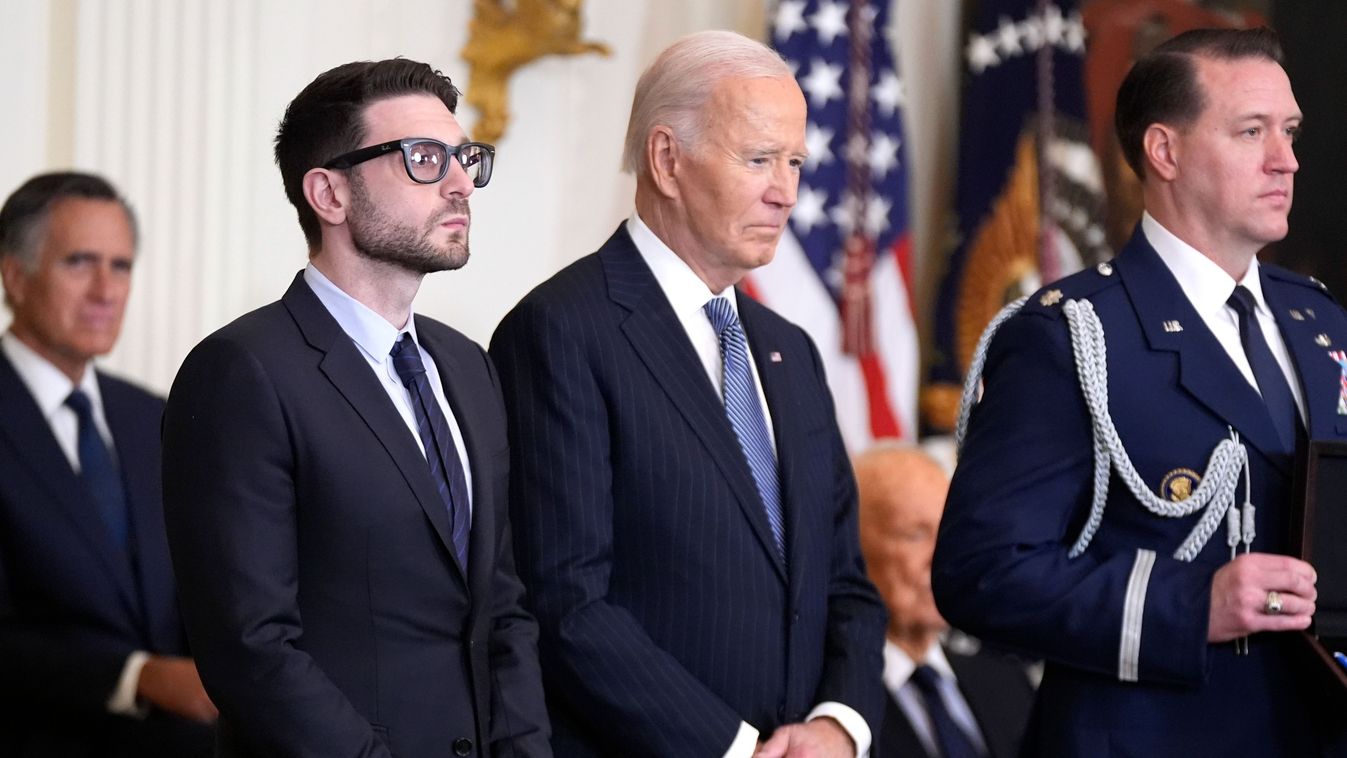
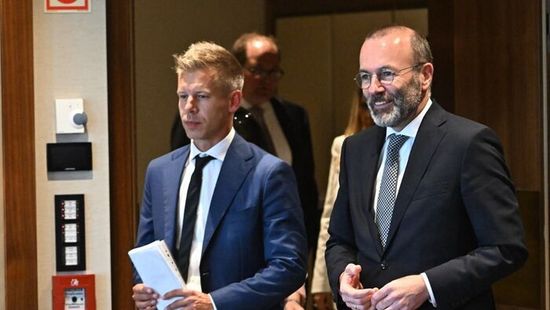

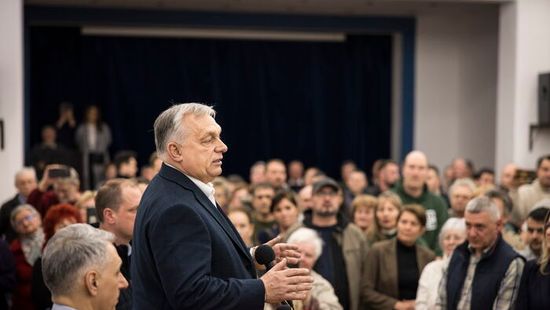
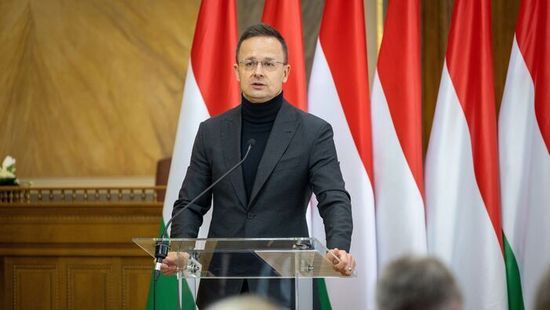



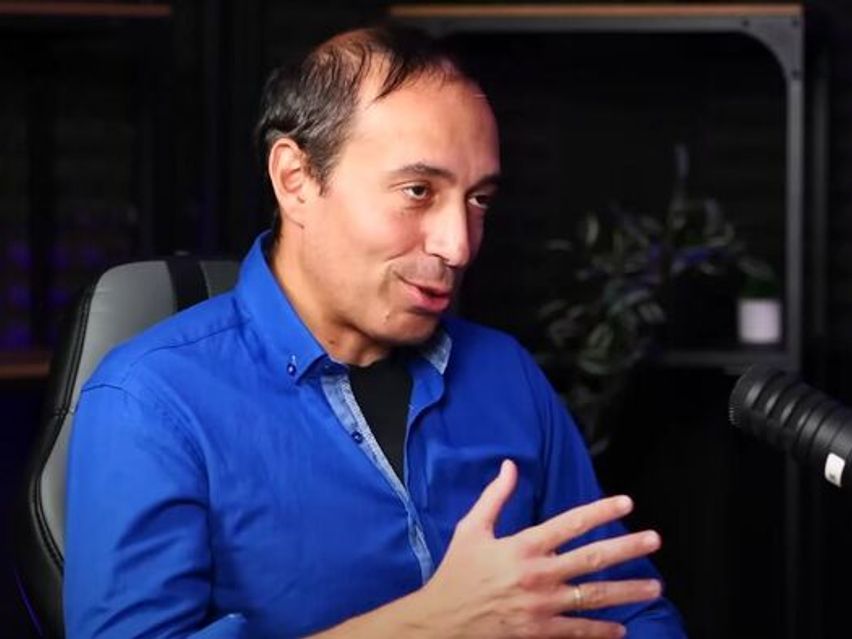
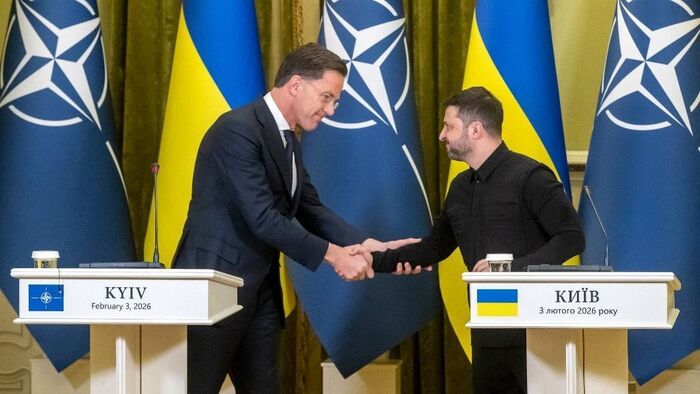


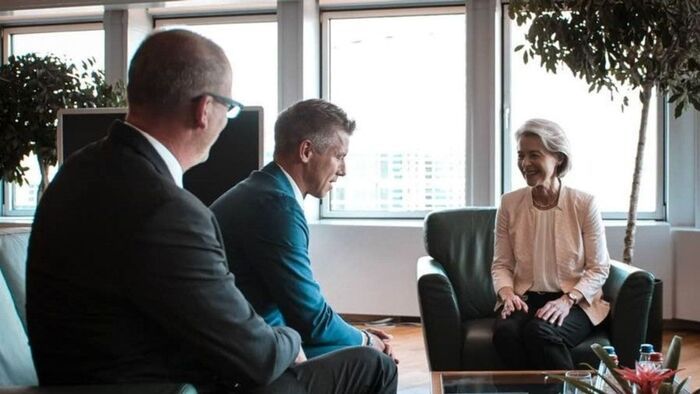

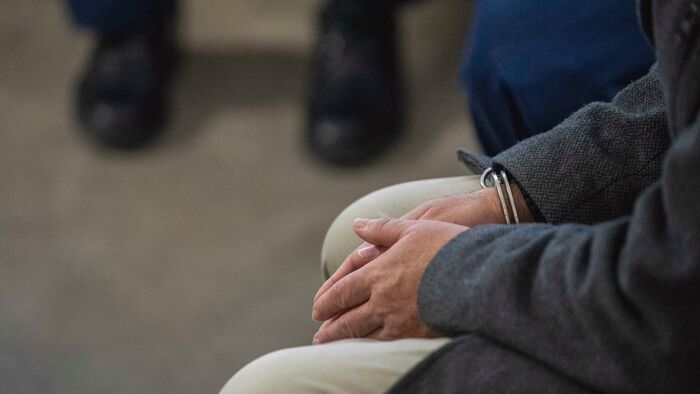
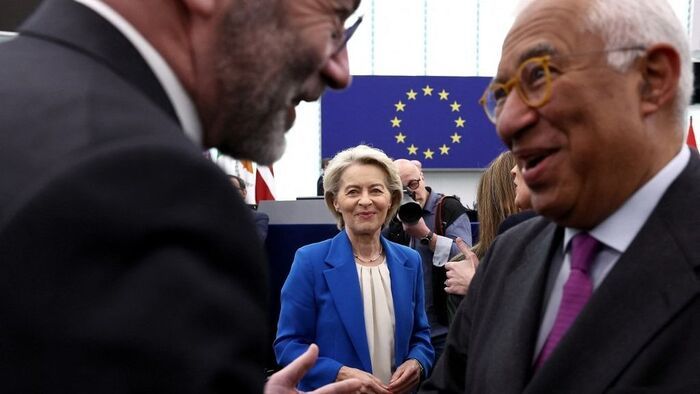
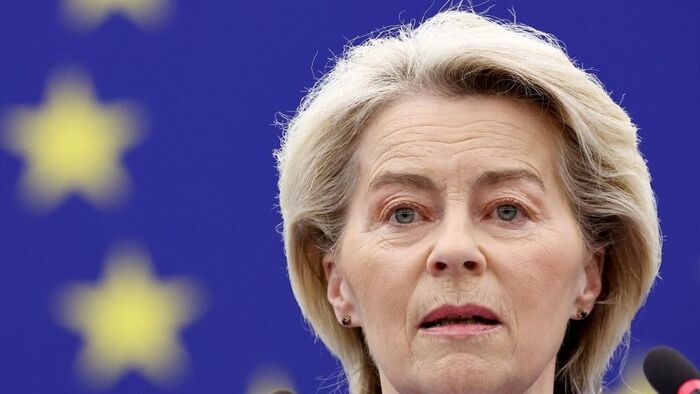
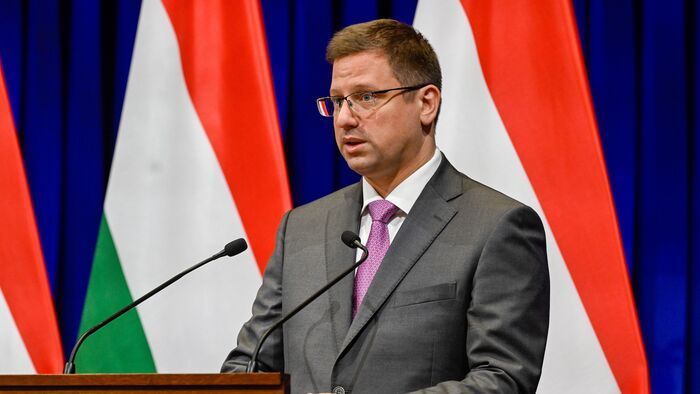




Szóljon hozzá!
Jelenleg csak a hozzászólások egy kis részét látja. Hozzászóláshoz és a további kommentek megtekintéséhez lépjen be, vagy regisztráljon!